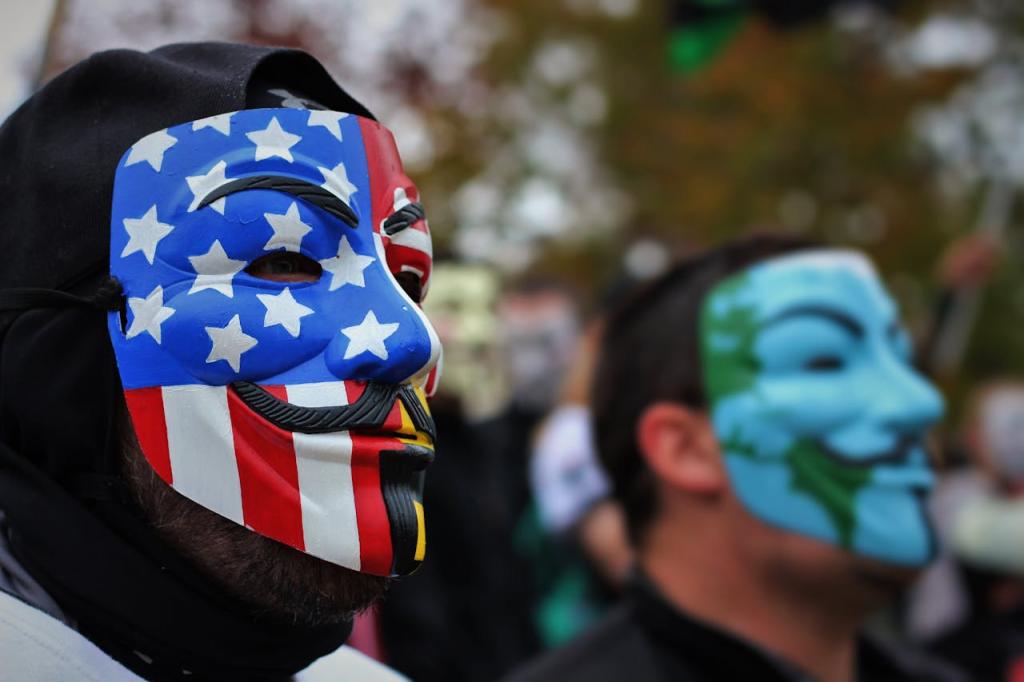In recent years, “Christian Nationalism” has surged into headlines across the globe. Most of those notes are editorial in nature concerning the populist movement centered around President Donald Trump. Ever since he began campaigning in 2016, supporters have connected faith and patriotism as twin virtues. Did the founding fathers believe they meant the same? Someone page Noah Webster, who wrote those terms in a dictionary, please.
Why? That’s not at all the truth, and Christians should know better.
The confusion begins there—”patriotism” does not mean American or Christian. The word means “devotion to one’s country.” People in Germany are patriotic, as are the Sons of Russia and the People’s Republic of China. Yet this framing is built on a profound theological and political fallacy. People chant that Christianity is inherently nationalistic. The media shares their message. Today, church people believe that our national identity should be grounded in Christian supremacy.
Jesus taught of a kingdom “not of this world” (John 18:36). The Great Commission was to make disciples of “all nations” (Matthew 28:19), not to enthrone a single one. What has emerged under the label of “Christian nationalism” that uses Scripture as a political weapon, divorcing it from its message of humility, servanthood and love.
So, what is “Christian Nationalism” really? Why is it so important that the Body of Christ learn the difference? Depending on your political persuasion, this may hit closer to home than you realize—namely, since this isn’t a political diatribe at all.
Before we delve into those questions and gain an understanding, stay in touch with faith-based issues that hit “close to home.” Subscribe to our free newsletter and never miss what’s being said about the Church and being done in the Church—and what real Christians can say and do in return to defend the love and work of Christ.
The Rise of Christian Nationalism

The roots of Christian nationalism are not biblical—they are theosophical, political and ethnocentric.
Throughout Western history, Christian nationalism has been used as a veneer to justify imperialism, colonialism and ethnic domination. If that sounds like a fascist regime, it should. The idea emerged during Constantine’s era when the Roman Empire insisted on the Christian faith as a civic identity. Centuries of political Christianity followed through crusades, inquisitions and enemies of the state. Power became a sacrament and force masquerading as theology.
Consider this: Just because the emperor was an advocate for Christianity doesn’t make what he did to force the issue any less fascist.
The American version of Christian nationalism dates back to colonial Puritanism, which saw the New World as a “city on a hill.” Yet the Constitution of the United States directly opposes any such union, with the First Amendment forbidding the establishment of religion. Despite this, figures throughout American history have continued to equate patriotism with Christianity.
Fast-forward to today: Why doesn’t anyone in the Body of Christ seem alarmed? Maybe it’s because the majority of us don’t know the difference. Nationalism as we know it is post-biblical, and its pairing with Christianity is more heretical than historical.
The Zenith of Political Christians

The modern rise of politically active conservative Christians traces back to the 1970s and ’80s, particularly with the formation of the Moral Majority under Jerry Falwell. Evangelicals were creating a platform that conflated conservative politics with divine mandate.
Christians can be politically active. So can Atheists, Buddhists, Muslims, and Satanists. One is theology. The other is policy.
So, when the political momentum became turbocharged in the Trump era, the two became a single blurred vision. Despite personal scandals and theological inconsistencies, Trump was embraced as a “Cyrus figure”—a flawed man used by God for righteous ends.
That’s when Christian nationalism became less about the teachings of Christ and more about preserving a nostalgic vision of America. When conservative Christians weaponize the Bible to justify xenophobic policy while ignoring Christ’s teachings, it ceases to be biblical theology and becomes political idolatry.
The Train Wreck at the Intersection

Christian nationalism is now treated not merely as a belief but as an identity. That sound you have heard since 2016 has been Christians colliding with politics without wanting to keep the two distinct, not separate.
Surveys by the Public Religion Research Institute (PRRI) show that 54% of white evangelical Protestants believe the U.S. should be declared a Christian nation. But when asked what that means, responses vary: enforcing biblical law? Protecting religious liberty? Elevating Christianity above other faiths?
This political confusion has caused a theological crisis. (And not just because neither political candidate truly represented Christian values.)
Jesus never sought an earthly throne. He rejected it when offered (John 6:15). He told His followers to “render to Caesar what is Caesar’s and to God what is God’s” (Mark 12:17), a clear distinction between political and spiritual realms. Paul echoed this when reminding Christians that “our citizenship is in heaven” (Philippians 3:20).
Yet modern Christian nationalists invert this logic. Depending on the news source on TV or the radio, Christianity is a brand of exclusion. How?! Jesus died for us all, even the ones who put Him on the Cross in the first place. The true marks of a Christian are not flags, firearms or a political foundation. They are “love, joy, peace, patience, kindness, goodness, faithfulness” (Galatians 5:22–23).
And if no one eats your fruit, it’s probably spoiled. You know? Like most politics these days.














